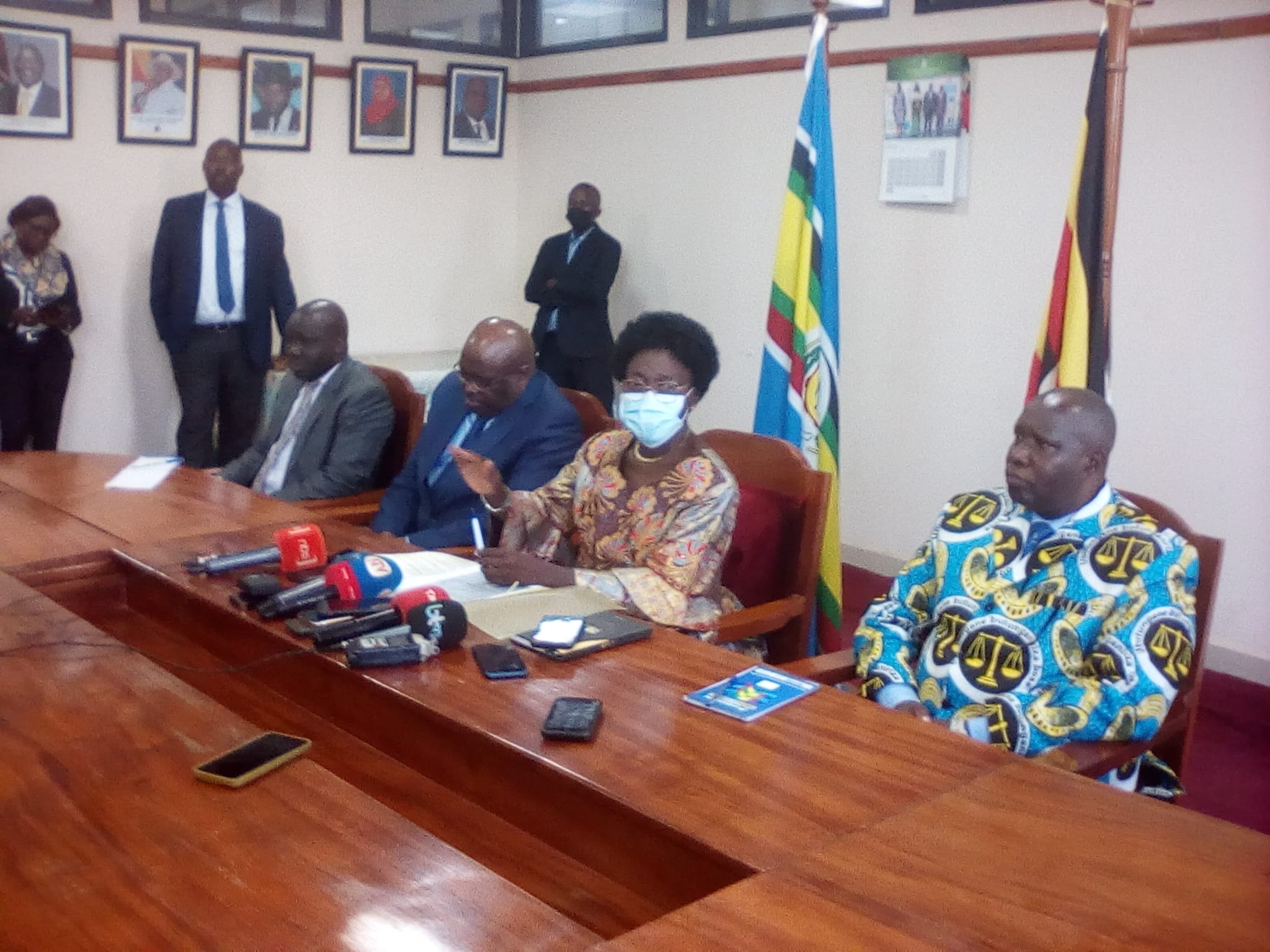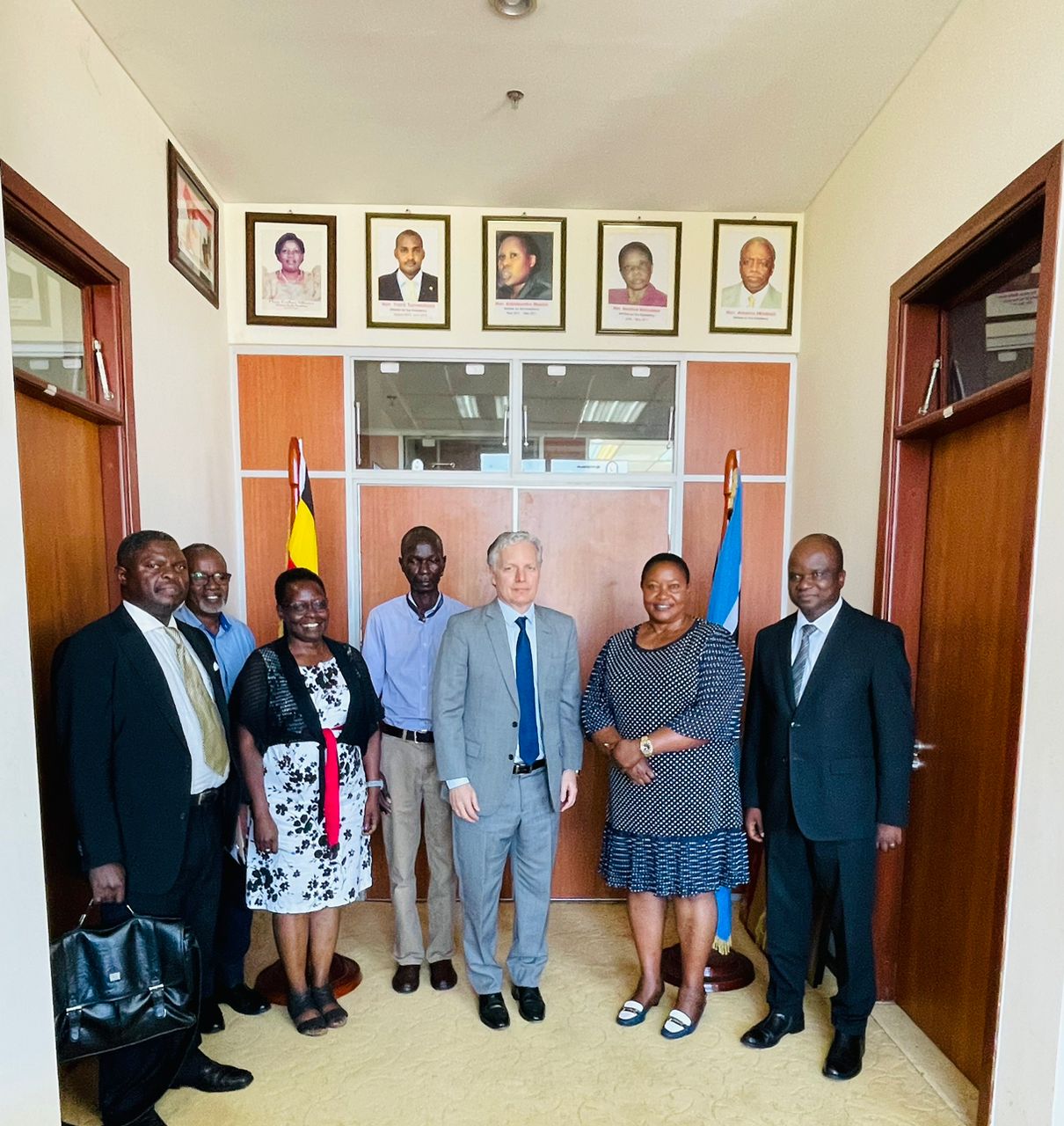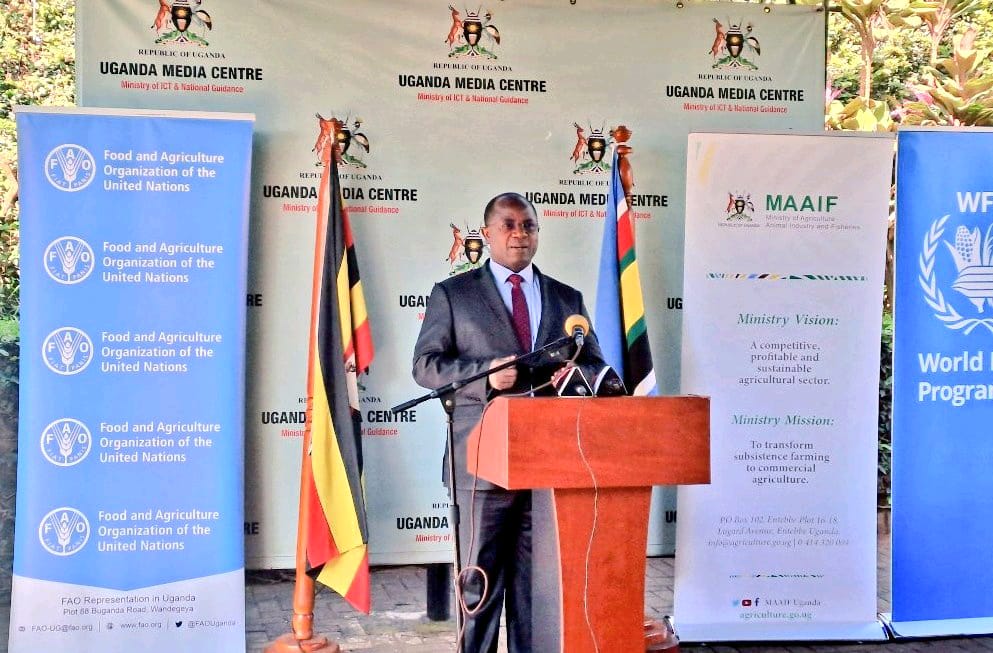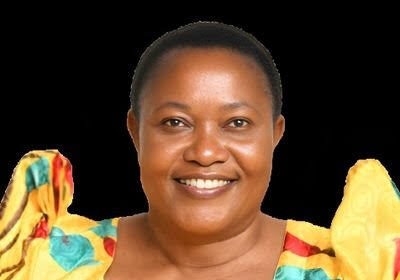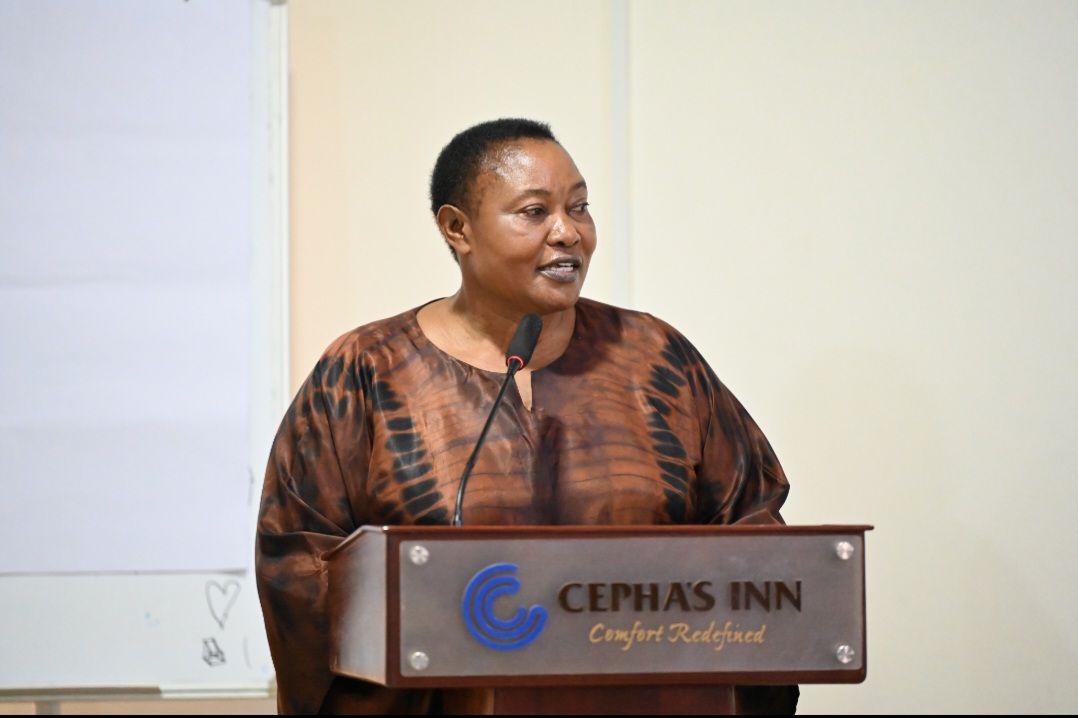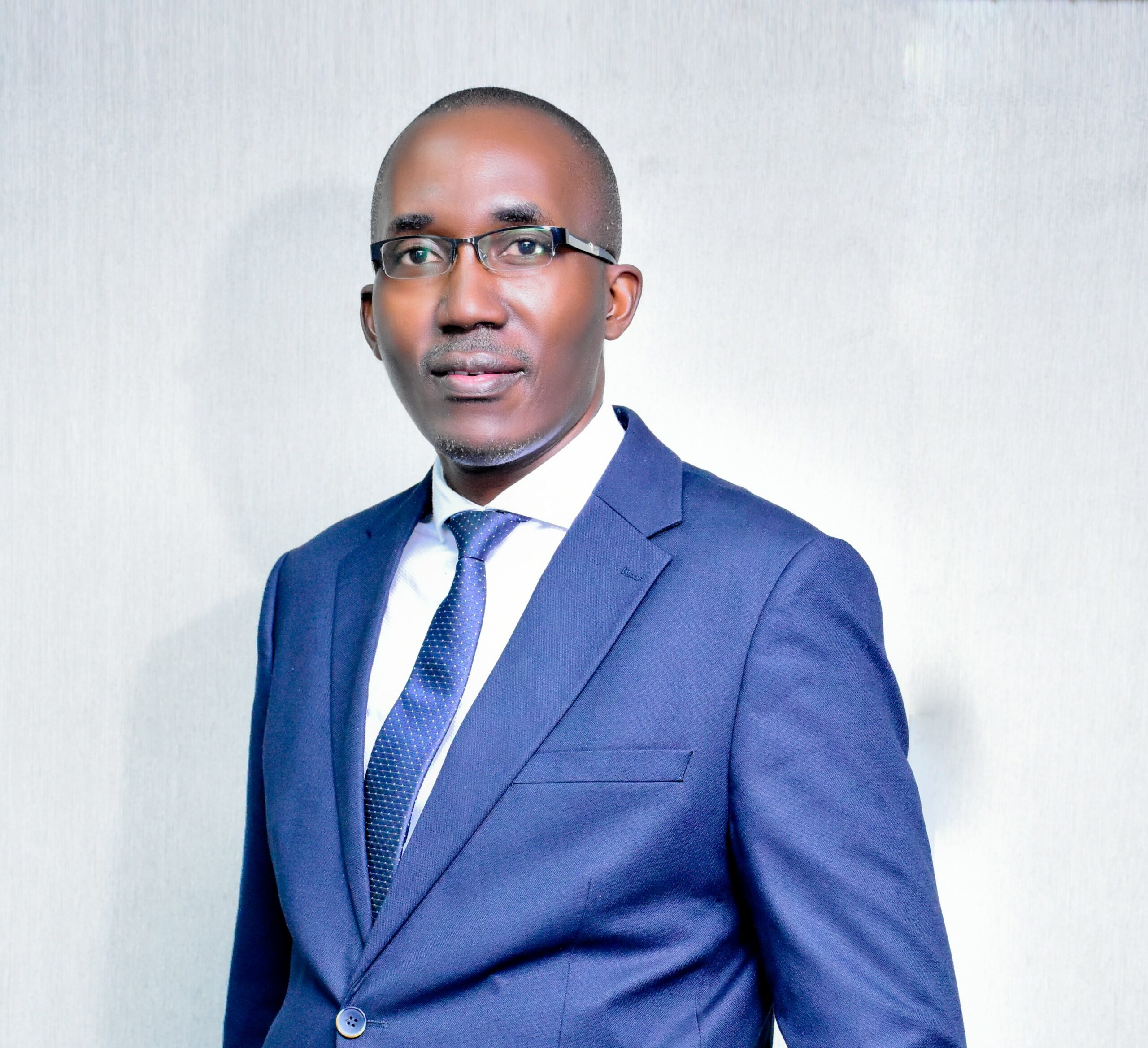The First Deputy Prime Minister and Minister for East Africa Community Affairs, Rt. Hon. Rebecca Kadaga has disclosed that the Government of Uganda is to make Kiswahili language a compulsory and examinable subject in primary and secondary schools.
Ms. Kadaga made the remarks while addressing journalists at the EAC Affairs Ministry, located at Kingdom building in Kampala on Wednesday. The joint Press Conference brought together representatives from the Ministries of Gender, Labor and Social Development, Defence and Veteran Affairs, Education and Sports and top leadership from the EAC Secretariat.
“Kiswahili has been recognized by the Ugandan Cabinet as an official language and is widely spoken in the EAC bloc and beyond. Being an indigenous African language, it’s imperative that Uganda adopts its usage widely by making the language a compulsory and examinable subject in both primary and secondary schools,”she said.
She called upon the media to popularize the Kiswahili language more than other foreign languages because Kiswahili has its origin in Africa, where Africans have to be proud of speaking the language. She added that Kiswahili plays a pivotal role in accelerating regional trade in the EAC bloc as the mode of communication among traders and their customers.
Asked to comment on the recent decision by South Sudan to reject Ugandan maize due to presence of Aflatoxins in the maize, resulting in a huge number of Ugandan trucks carrying maize being impounded, she said:
“Uganda through my Ministry has already communicated to South Sudan as a member of EAC to release the impounded trucks back to Uganda. We have also instituted a joint independent verification of re-testing the maize to ascertain presence of Aflatoxin claims by Uganda National Bureau of Standards (UNBS), Ministry of Agriculture and other sister Standards Agencies from EAC Member States. The matter will soon be sorted out and business will run normal.”
Caroline Asiimwe, the Executive Secretary for EAC Kiswahili commission, reiterated the need for Ugandans to change their mindset regarding use of Kiswahili in their day to day business. She said the past negative perception that Kiswahili was a language of criminal gangs has no place in the present Uganda, because Ugandans have corrected this negative mindset and are moving together with other EAC member States, towards socio -economic transformation.
“More studies are underway to increase the number of Kiswahili teachers in Ugandan schools. Let’s work towards integrating Kiswahili in the education system to guide us towards economic development,”she said.
Uganda is set to host the 2nd World Kiswahili language Day in Kampala from Thursday 6 to Friday 7 July, 2023. This year’s World Kiswahili Day will run under the theme; “Kiswahili and multilingualism: Achieving more together”.
A previous statement from the EAC Council of Ministers directed that the event be hosted rationally among member states. The first EAC World Kiswahili Day Celebrations were held in Zanzibar from 6th to 7th July 2022.
In preparation for the World Kiswahili Day, a regional organizing committee with representation from the EAC partner states has been put in place and has commenced meetings to prepare for the event.
“Planned events include; media briefing, Radio and Television talk shows, youth dialogues on Twitter spaces and discussion on multilingualism in EAC,” reads the EAC statement in part.
Do you have a story in your community or an opinion to share with us: Email us at Submit an Article



